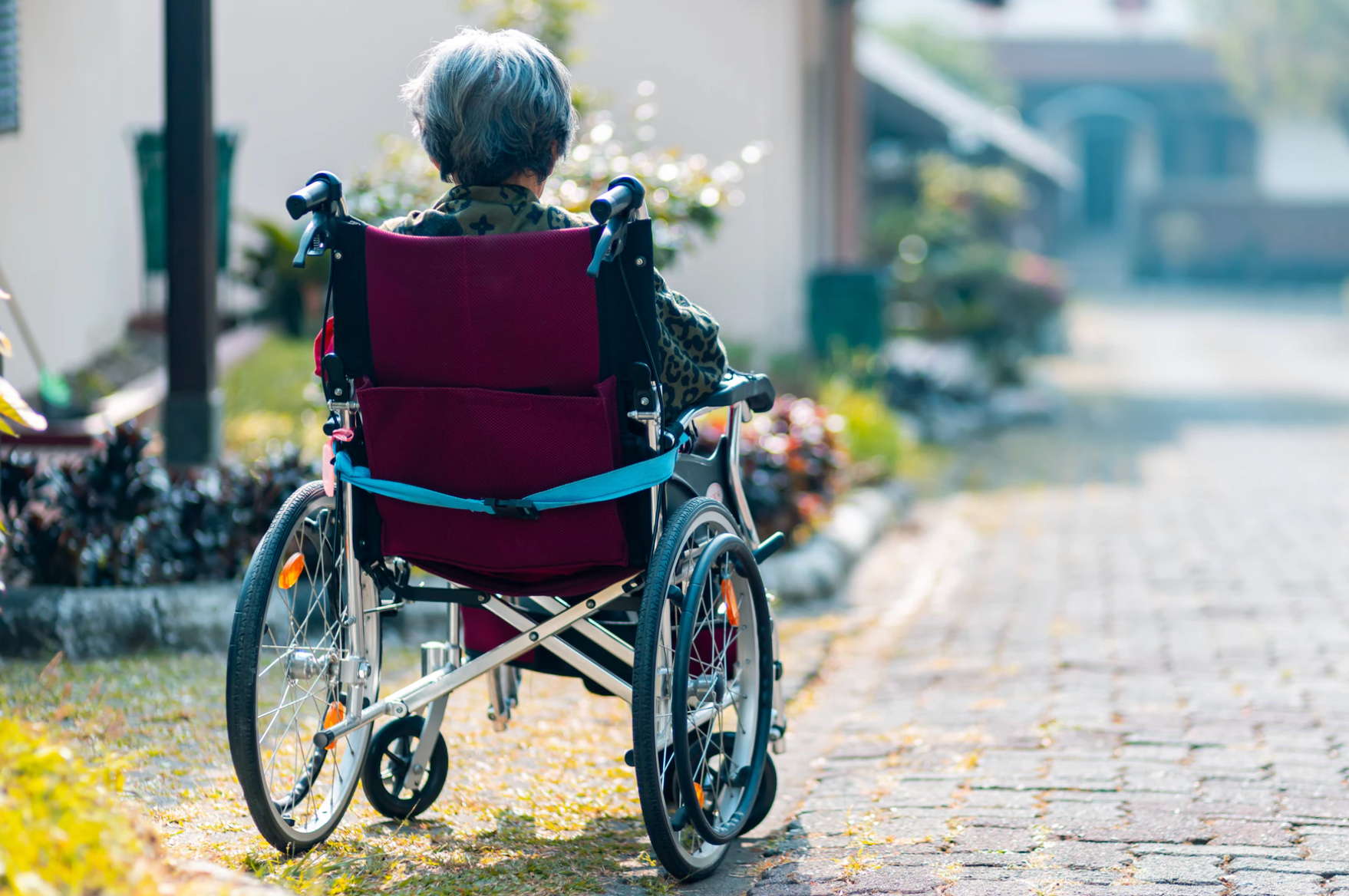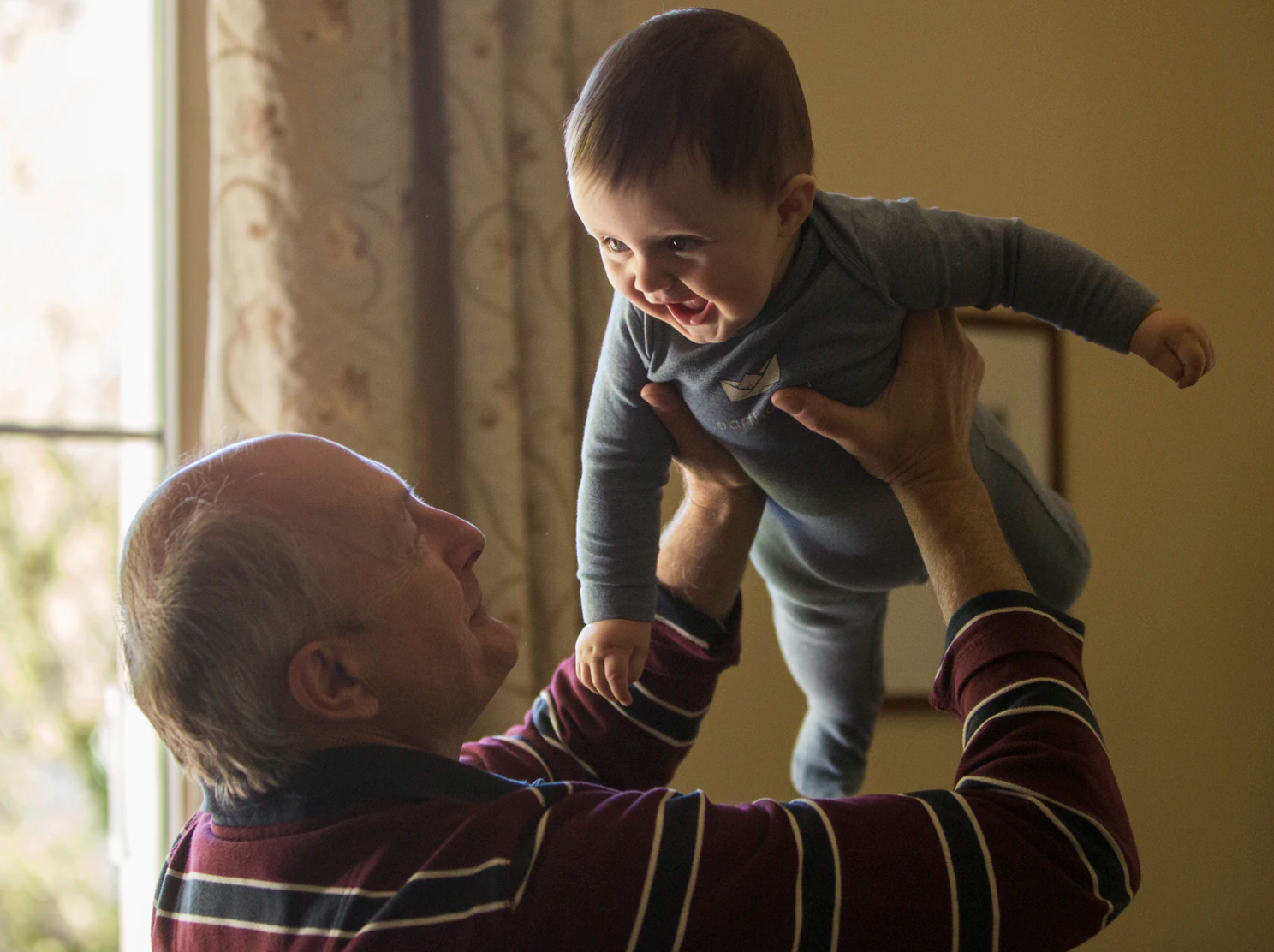5 Steps to prevent loneliness at an older age
Elderly people's loneliness is a growing phenomenon, despite the ease of keeping in touch with the recent technological developments of instant messaging, almost every person's cell phone, remote video calling, and more.
In this article we will discuss causes of loneliness, what loneliness can cause, and how it can be prevented and thus help older people to feel better.
What is loneliness?
The definition of loneliness actually comes from within the person - loneliness is actually the result of the gap between the situation one expects and what happens in everyday reality. If a person accustomed to a particular social activity in his life (no matter what setting) stops experiencing it contrary to his expectations, he will feel loneliness.
5 reasons for loneliness in adults
So how do people who live full lives with family and friends find themselves as they grow older? Here are some reasons:
- Retirement from work: The workplace, beyond being a source of livelihood, is also a source of interpersonal relationships. Whether the relationships created in the workplace are business or social, they are an integral part of your life. There are connections that have been created in the workplace and have become social connections that accompany you later in your life. In any case, when you finally arrive at the workplace, suddenly this important place, which has played a good part of the day, is no longer part of everyday life. Even if you remain friends - it's no longer routinely there every day.
- Death of a spouse or divorce: After so many years a spouse has been present in your life and suddenly it disappears as a result of a late divorce or God forbid death, a large space is created that is very difficult to fill. From the work that is suddenly empty and there is no one to talk to or do activities that you were used to doing together, to the intense longing that can put a person into depression and hence a greater deterioration can occur.
- Health deterioration: If a person who has been healthy most of his life suddenly has a serious illness or reaches some physical disability, there is a great chance that his mood will deteriorate and his desire for social gatherings will decrease. Also, the physical difficulty of getting to other places other than the home also keeps the prospects out of meetings and keeping in touch.
- Death of close friends: As with the couple, even close friends who surrounded you may die before you, thus creating a situation where old friends are no longer there for you. This will directly affect your mood and feeling lonely.
- Remoteness from the family: Physical remoteness of the immediate family members can also create remoteness in the relationship between you, mainly because there are fewer visits and meetings because of the physical distance. Some people are less critical about distance, and they are able to maintain a close telephone connection, but many people do go away, but not necessarily ...
What can loneliness cause in adults?
As mentioned earlier, the feeling of loneliness comes from within the person because of his or her expectation gap. First and foremost, this feeling can cause poor mental states that can even lead to depression. The poor state of mind can cause a lack of desire to leave home and do various activities. Staying at home without activity (especially physical) can also lead to deterioration in health.
A person who feels left out of life may find himself at home unwillingly in the company of people or the desire to go out, and endlessly sitting in front of the television. The only ports will be for necessities such as shopping, medical services, and the like. Therefore, the problem of loneliness must be addressed right from the beginning.
How to reduce the feeling of loneliness in adults?
Here are 5 things you can do to avoid feeling lonely:
- Sign up for the classes or lectures that interest you, and go on a regular weekly basis. Don't give up because of a weather or mobility problem - everything has a solution if you just want it. In these activities, you can meet new people and make good connections, based on the common interest.
- Use technology to stay in touch with friends or family who are far from you - video calls via smartphone or computer, regular phone calls, emails or chats - all to help you stay in good touch with anyone you love or want to stay in touch.
- Living in an Adult Community - When living in an area where many adults live, municipal services are also tailored to them and many activities are offered. Another option is to move to sheltered housing or a nursing home. These places are suitable for an adult population both in terms of well-accessed housing units for each situation, and in terms of the social activities in the place (trips, lectures, classes, etc. - everything is organized in advance).
- Maintaining good health - Of course, not everything is in our hands, but maintaining a proper lifestyle that includes doing physical activity, eating properly, performing medical examinations on time, etc. will help us maintain our physical condition that will not deteriorate. When we are in good physical condition, our mood is elevated and we have the desire and ability to meet and spend time with other people.
- If you feel lonely, regular meetings with a therapist can help you understand the situation and raise awareness of what is happening to you and around you so you can work to improve. During the process you will understand different things about yourself and you will receive tools to help you cope.















